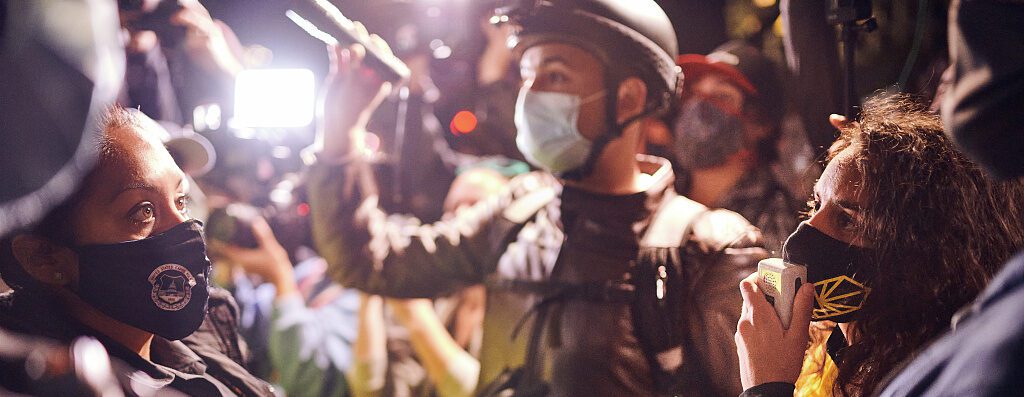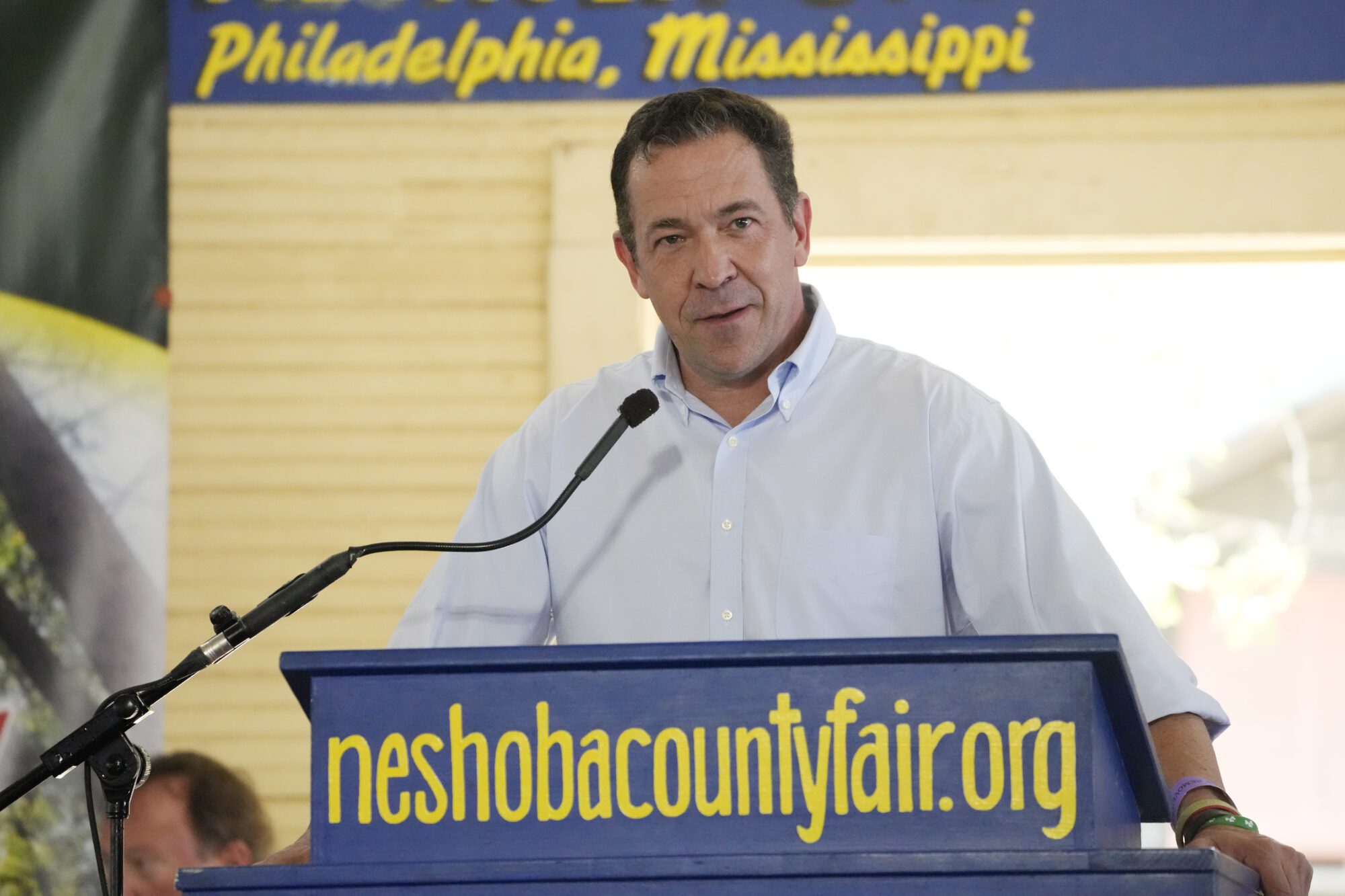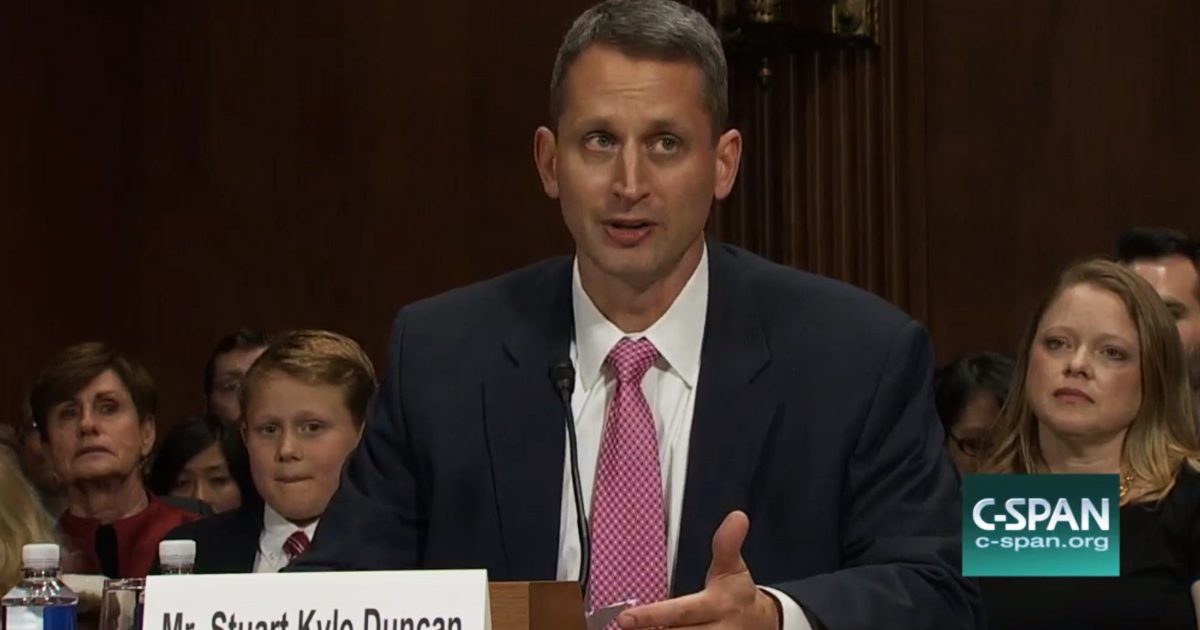
Jameson Taylor
The Mississippi Legislature has hit on a compromise that will protect kids from harmful content and, also, reduce legal liabilities for libraries.
As last week’s mind-blowing press conference by Florida Gov. Ron DeSantis suggests, parents are concerned that their children are being exposed to harmful and inappropriate content in school libraries.
This unease is part of a growing awareness (articulated in the Republican Party Platform) that pornography is a “public health crisis,” with particularly harmful consequences for children and teens.
Mississippi’s own fight against pornography has taken two different tracks. The first approach is to regulate pornography, like alcohol or gambling, by making it harder for children to access online. This approach is employed by two bills (HB 1315 and SB 2346) requiring age verification to visit a pornographic website.
The second track is to create age-appropriate guidelines to access content in school and public libraries. This approach is more controversial because the openly Marxist, but vocal, American Library Association (ALA) asserts that “a person’s right to use a library should not be denied or abridged because of origin, age, background, or views.” In other words, any child, of any age, should be able to obtain any book, graphic novel, or picture book of any kind. This unsettling proposition is shared by at least some Mississippi libraries.
If one accepts this proposition, that every book or picture is permitted a child, it is not too much of a leap before every act is condoned as well.
The alternative – similar to the standard used for movies – is that children have a right to be protected from sexually inappropriate content. It is important to note that no one is talking about “banning books,” a point Gov. DeSantis emphasizes. The goal is to protect children by limiting access to obscenity (think “XXX”) and pornography (think “NC-17”).
In legal terms, obscenity is not mere pornography – a distinction that seems lost on many people, including the 27 Mississippi senators who recently voted to allow obscenity in school libraries. Obscenity is pornography in its most dehumanizing form – child pornography, for instance. According to the courts, it deserves no First Amendment protection.
What about “regular” pornography, or what Mississippi law calls “sexually oriented material” (§ 97-5-27)? It is illegal to give such material to kids, but there are questions – and political headaches – regarding how to prevent libraries from doing so.
Few Mississippi voters believe we shouldn’t prevent kids from reading or viewing pornography. At the same time, few lawmakers want to be blamed for sending the local librarian to jail, even if the law is being broken.
Fortunately, the Legislature has hit on a compromise that will protect kids from harmful content and, also, reduce legal liabilities for libraries.
Under federal law (CIPA), libraries are required to protect kids from online pornography and harmful content. Yet, it is well documented that such content is being made available to kids via subscription services marketed to libraries. The companies providing these online portals are pushing the boundaries of what is age appropriate.
In some states, these services are so poorly curated that they include sexually explicit material and hyperlinks to hardcore pornography. Mississippi’s Magnolia database gives children access to articles telling them how to explicitly stimulate a woman or how to video chat using a transgender dating app. Magnolia also contains links to magazines with features like “The 54 Best Sex Positions” or “26 Things Gay Sex Workers Want You to Know.”
The companies profiting from the sale of these services have repeatedly been called out for providing “sexually explicit content… marketed to schools as safe and curriculum appropriate.” In addition, the National Center on Sexual Exploitation cautions that these vendors place “most of the responsibility for removing such content on school and library administrators, yet … [don’t] adequately warn these administrators that the content is available so easily on its systems.”
Following the lead of other states, including neighboring Tennessee, Mississippi lawmakers are seeking to flip the script, putting these database companies on notice that they bear the responsibility for removing sexually inappropriate content from their online portals. The legislation, which has been amended into HB 1315 and SB 2346, won’t cost a dime and will reduce complaints from angry parents. Best of all, it will protect Mississippi’s children from the porn peddlers.











